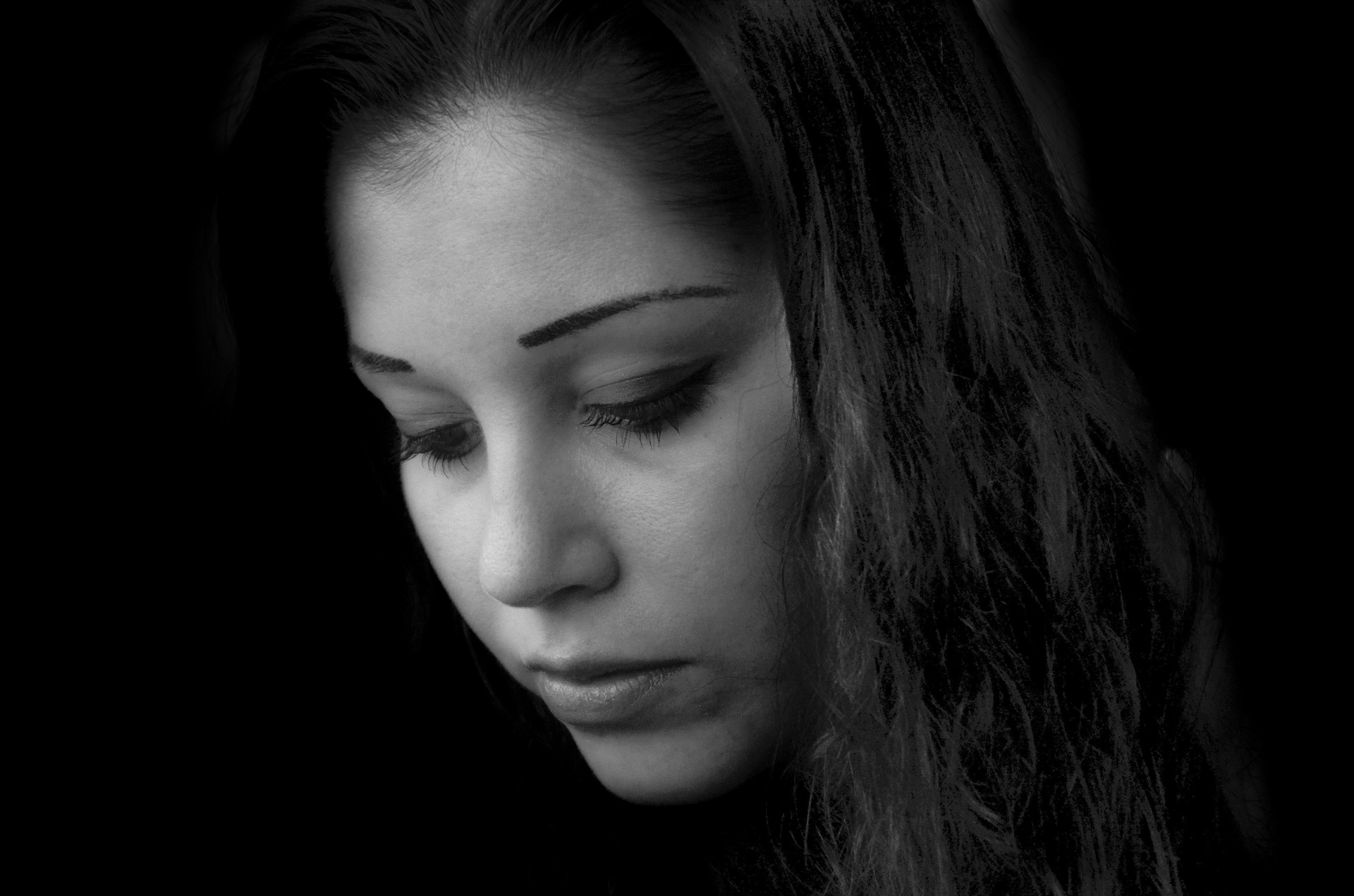Alcoholic Relapse: What are the Risks?
One of the biggest challenges facing those in recovery from alcohol abuse is avoiding relapse – a return to the addiction after a time of staying sober. Dealing with slips and avoiding relapses are part of the journey toward alcohol free living, but understanding what causes an alcoholic relapse can help recovering alcoholics reduce their risk.
How Alcohol Addiction Works
Alcohol is highly addictive. Excessive drinking can cause physical changes in the brain’s pleasure and reward system. Alcohol disrupts the process of brain chemicals that promote feelings of relaxation, and over time, heavy or chronic alcohol use suppresses the brain’s natural production of those chemicals. As the brain and body develop a tolerance for alcohol, more and more is needed to get the same effects.
Because alcohol is so strongly linked to feelings of pleasure, relaxation and satisfaction, those who are addicted to it keep seeking it out in spite of the negative aspects of drinking, such as the unpleasant symptoms of hangover, or the destructive impact of alcohol on work and relationships.
Withdrawal Syndrome: A Shock to the System

Feeling stressed is a common cause of relapse.
Suddenly stopping alcohol use produces a variety of withdrawal symptoms ranging from mild to severe. These can begin as soon as a couple of hours after your last drink and last for weeks. Common withdrawal symptoms include:
- Anxiety
- Irritability
- Shakiness
- Nausea and vomiting
- Seizures
- Delirium Tremens – a serious complication that can cause death
Risk Factors for Relapse
Some people recovering from alcohol addictions never relapse, others relapse multiple times. Although everyone’s situation is different, research on addictions reveals that relapses are typically caused by a complex interplay between factors including:
Withdrawal symptoms
Even the milder symptoms of withdrawal are uncomfortable and distressing. Because using alcohol again will get rid of them, relapse rates are high for people who are going through withdrawal, especially if they try it themselves at home.
Stress
Alcohol can provide a welcome relief from stress and anxiety, so being in stressful situations can often cause a relapse. Withdrawal itself can also cause emotional symptoms like anxiety and agitation, and that also contributes to the rates of relapse in the time right after detox or finishing a rehab program.
Triggers and cues
People who are at risk for alcohol addiction are more responsive to alcohol related cues in their environment than people who aren’t. When certain people, places and situations are associated with drinking and feeling good, simply being in those circumstances can trigger the urge to drink.
Treatment Reduces Relapse Risks
Both outpatient and inpatient addiction treatment programs can help people in recovery to recognize their risks for relapsing and learn strategies to avoid those risks. But relapse rates for people who complete inpatient rehab programs are far lower than for those in outpatient treatment.
Outpatient rehab programs support detox and recovery, but they must compete with the demands of daily life, with all the stresses and triggers for using alcohol still in place. People dealing with addiction in outpatient settings are doing so in the same environment that created the addiction, so the potential for relapse is high.
Treatment in an inpatient rehab center breaks the connections to many of the triggers for using alcohol that are present in daily life. These programs typically offer one to three months’ stay in a facility dedicated entirely to recovery from addiction. With a full range of services from detox support to counseling and therapy, inpatient rehab programs provide a distraction-free environment for working on addiction issues and learning new ways to live addiction free.
Are you or someone you love worried about alcohol addiction or the risk of alcoholic relapse? Help is only a phone call away. Contact us at
800-948-8417
Calls are forwarded to paid advertisers
to find the solution that’s right for your recovery.
